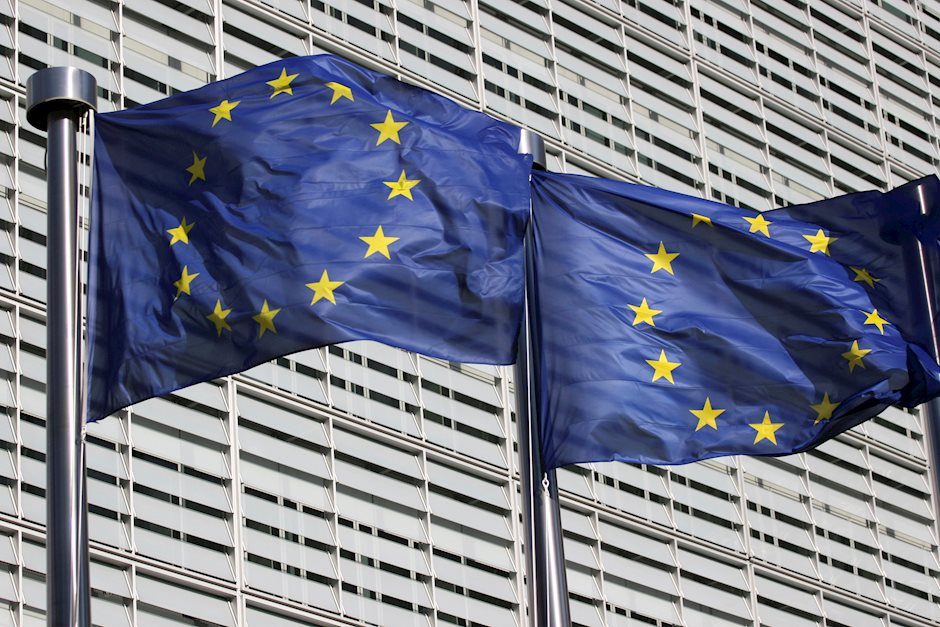Why is the euro currently so weak?

Focus: Euro, EZ Industry
Since the beginning of the year, the euro has come under strong pressure against the US dollar, the Swiss franc and the yen. In our opinion, several factors have contributed to the weakness of the euro:
Weak economic data - contrary to expectations, the downturn in Eurozone manufacturing continued unabated in 4Q19. As a result, GDP growth in the same period was also disappointing. The persistently weak utilization of resources is dampening inflation expectations and thus also interest rate expectations in the Eurozone. As a result, the euro is becoming less attractive to global investors for investment purposes, but is becoming more attractive for borrowing, thereby increasing the selling pressure on the euro.
Coronavirus - given the importance of China as an export market for the Eurozone (German exports to China amount to around 2.7% of GDP), we expect the measures taken in China to contain the virus to have a negative impact on Eurozone industry in the short term. For example, car sales in China in January have already fallen by 22% y/y. In contrast, any potential damage to the US economy should be significantly less.
Political turbulence in Germany - after the resignation of Kramp- Karrenbauer as chairman of the governing CDU party, the danger of early elections in Germany has increased. Given the deep-rooted structural problems facing German industry, the political turbulence in Germany comes at an inopportune time.
The current situation is complex. On the one hand, important leading indicators (EC Industry Sentiment, Ifo Index, manufacturing PMI) have already stabilized or have been on a slight upward trend since the end of 2019. On the other hand, however, it is to be feared that measures to contain the coronavirus will put leading indicators in the Eurozone under renewed pressure in February and March. This would further delay a possible recovery of Eurozone industry. With this in mind, the market will focus on the release of the flash manufacturing PMI data for the Eurozone next week (February 21). We expect sentiment to suffer from current developments.
Unfortunately, the political situation in the Eurozone is likely to remain unstable for some time to come. Among the four largest countries in the Eurozone, only France, under President Macron, currently has a stable government. We therefore believe that the political environment will continue to weigh on the euro in the longer term. However, political uncertainty in the US could also increase in the second half of the year during the hot phase of the election campaign for the US presidency.
Assuming that the political situation does not deteriorate further (no early elections in Germany or Italy), the euro should recover in small steps against the Swiss franc and the US dollar from its current lows in the coming months. However, this is also conditional on an emerging recovery of the Eurozone economy. Manufacturing sentiment as well as production data will therefore be the focus of the markets in the near future. On the global level, there have already been initial signs of a cyclical upturn since the end of 2019 (OECD composite leading indicator, commodity prices). We assume that the emerging upturn in the global economy will have a positive impact on the Eurozone economy sooner or later, depending on how severe the effects of the coronavirus will be.
Author

Erste Bank Research Team
Erste Bank
At Erste Group we greatly value transparency. Our Investor Relations team strives to provide comprehensive information with frequent updates to ensure that the details on these pages are always current.

















